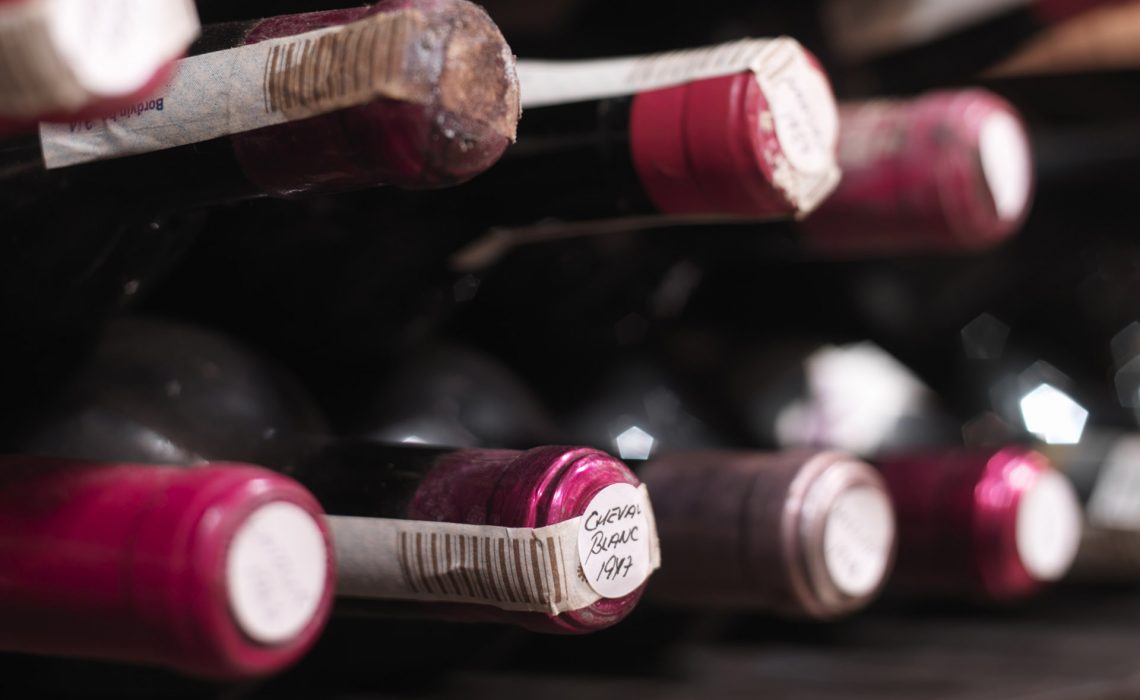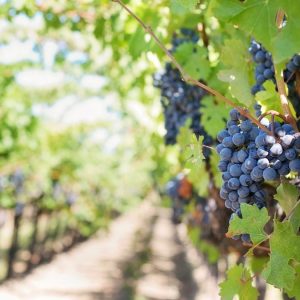As we all know, some wines get better with time. But most of the wines are made to be enjoyed right away and only a few wines have the ability to improve with age. This means, that you need to take several factors into account when deciding whether you should store your wine in a cellular or drink it right away. The ability of a wine to age is influenced by factors such as grape variety, vintage, viticultural practices, wine region and winemaking style.
While storing the wine, complex chemical reactions are occurring among phenolic compounds that are giving the wine its pleasing flavor and aroma. One group of these phenolic compounds responsible for the wines taste are called tannins. They are found in stems, seeds and skins of the grapes. During the time, phenolic compounds tend to polymerize and become less bitter. Examples of wines with high phenol levels are Cabernet Sauvignon, Nebbiolo and Syrah.

Red ones have significantly more tannins compared to white ones and that’s why they have more potential to age. Tannins in young red wine are giving it bitter flavors, but during the time the tannins react and cause the wine to develops its own aroma and essence. The bouquet improves over time providing the rich flavor in wine without the bitterness.
But tannins alone aren’t responsible for making the good wine. Another factor contributing to improved taste is loss of acidity. This occurs due to acid precipitation and ester formation. Acidity enhances the astringency and loss of acidity makes wine taste more mellow.



